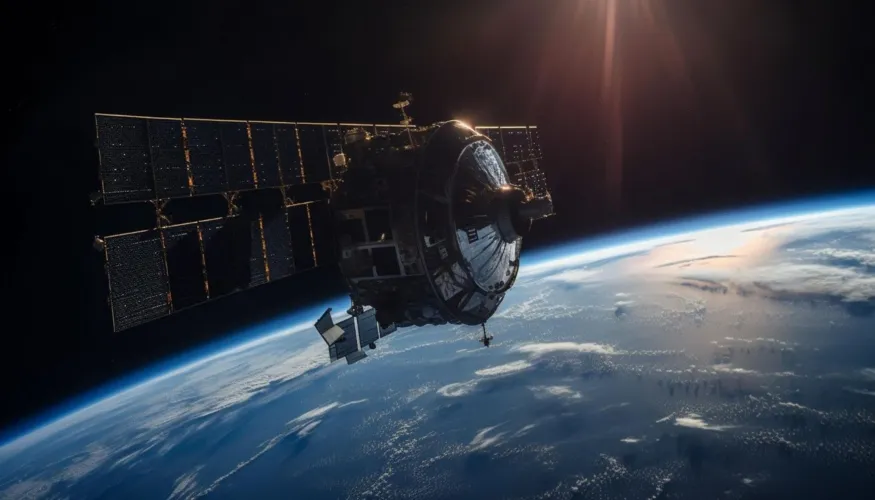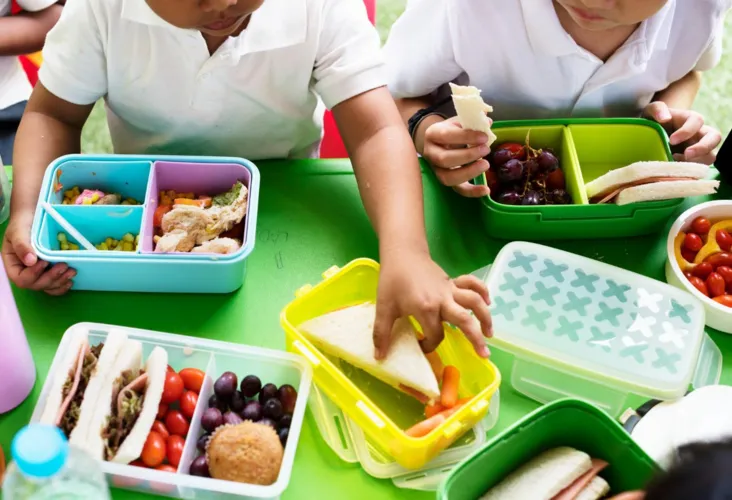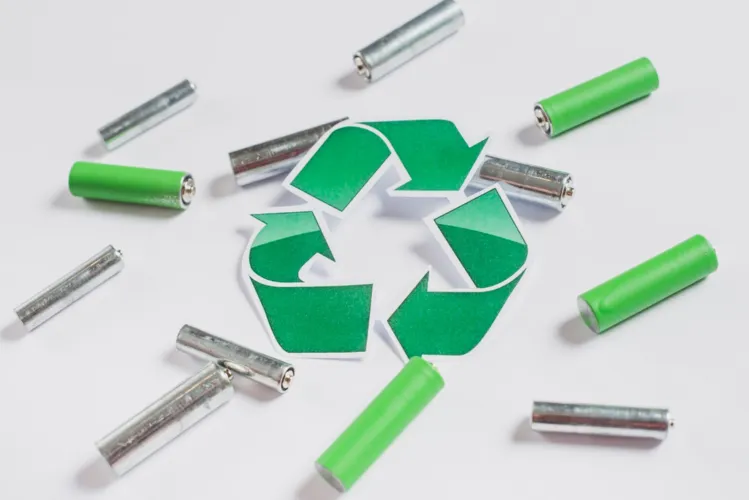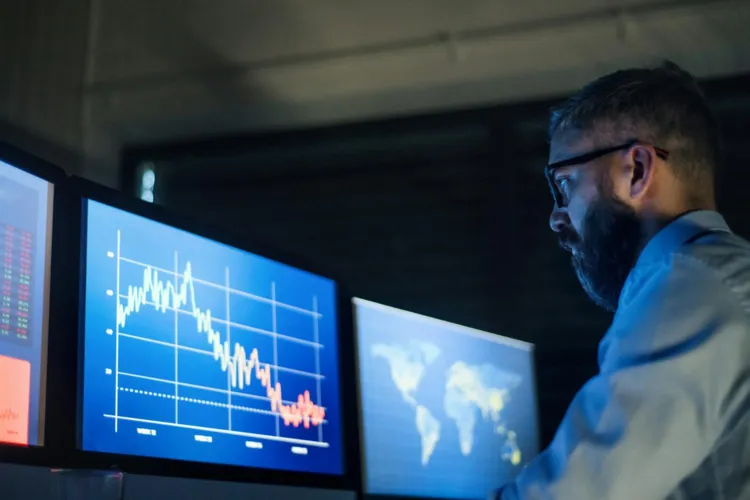The supply chain industry in Indonesia is entering a new era, one where it's digitally transparent, traceable, and tamper-proof. Thanks to the rise of blockchain, sectors like coffee, palm oil, and even government credentialing are transforming. At the heart of this shift is the fast-expanding Indonesia blockchain supply‑chain ecosystem, bringing in new technologies.
Rapid Growth in Indonesia Blockchain Supply‑Chain
As of 2025, 2,251 blockchain businesses were registered under KBLI 62014—a 72% increase since 2023. This surge positions Indonesia as one of Southeast Asia’s most dynamic blockchain markets. The momentum isn’t isolated to startups or crypto exchanges—it’s spreading into real sectors like logistics, agriculture, and public services.
Indonesia’s blockchain-as-a-service market is expected to grow steadily through 2031. Companies are no longer experimenting—they’re integrating blockchain directly into their operations to ensure real-time tracking, security, and transparency.
Global Momentum Meets Local Application
The global blockchain supply chain market is projected to jump from $2.04 billion in 2024 to $3.27 billion in 2025, growing at a 59.8% CAGR. This global surge is mirrored in Indonesia’s local supply-chain transformation, with blockchain solutions gaining real relevance.
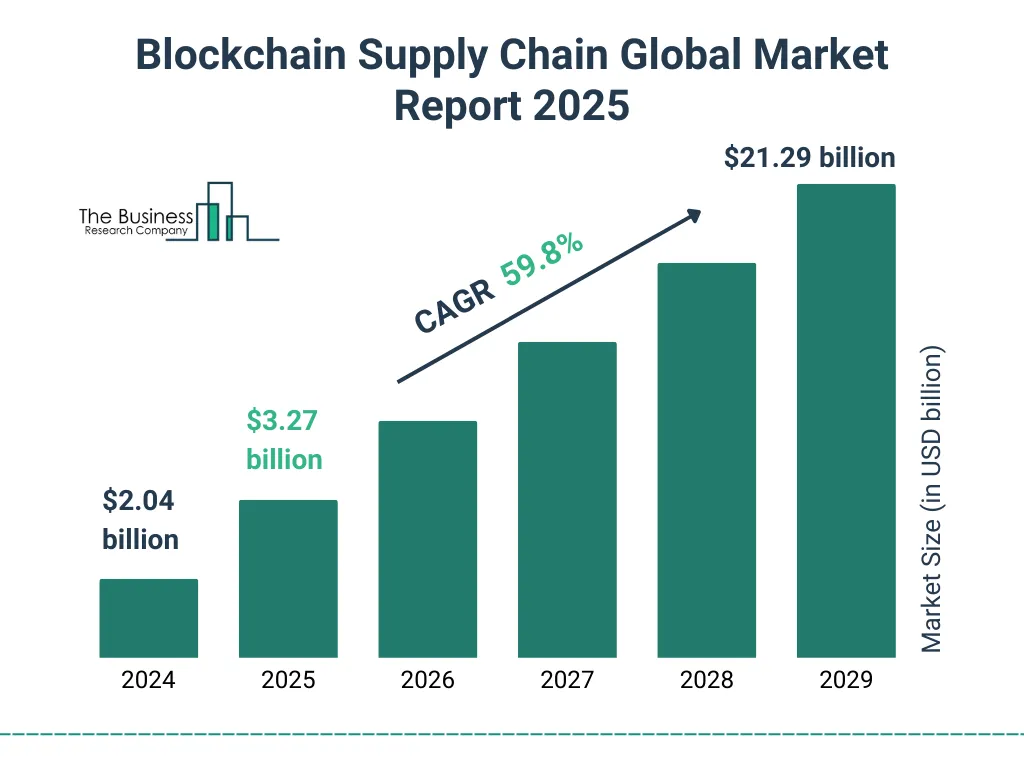
For example, the Indonesian logistics sector—which supports vast supply-chain activities—is projected to grow by 12.53% in 2025. As volumes and complexities rise, so does the need for digital tools that track products from origin to delivery, without room for error or fraud.
Read Also: Massive Momentum in Indonesia Digital Economy Growth
Indonesia Blockchain Supply‑Chain: Traceability in Coffee and Palm Oil
In Indonesia, blockchain is already changing how major exports like coffee and palm oil are handled. These commodities, often scrutinized for ethical and environmental concerns, benefit immensely from blockchain’s ability to provide immutable records.
From farmer to exporter to global buyer, blockchain allows every step in the product’s journey to be verified. This boosts trust in sourcing, supports sustainability goals, and meets increasing demands from global consumers for transparency.
Digital Credentials and Web3 Integration
Blockchain’s influence goes beyond physical goods. The rise of Web3 in Indonesia includes digital identity and credentialing systems, which allow for secure issuance and verification of licenses, certificates, and government documents. This is part of a broader regulatory shift—OJK begins formal blockchain oversight in 2025, adding legal certainty to innovation.
Indonesia’s crypto market, or the financial backbone of many Web3 applications, is projected to hit $1.7 billion in 2025, with over 28.6 million users. This infrastructure is paving the way for blockchain to support not just private sector logistics, but also public sector modernization.
Read Also: Indonesia NFT Market Forecast: $21.5 m Revenue by 2025
Driving Sustainability and Efficiency
Blockchain helps supply chains reduce waste, flag inefficiencies, and ensure authenticity. For food and agriculture especially, it reduces spoilage, cuts fraud, and guarantees compliance with international standards. This makes the Indonesia blockchain supply‑chain shift not only tech-driven but also mission-critical for economic sustainability.
Indonesia Blockchain Supply‑Chain: A Trust-Based Future
With strong growth across logistics, commodity exports, and digital infrastructure, Indonesia is becoming a regional leader in blockchain-powered supply chains. From coffee farms in Sumatra to data centers in Jakarta, the country is proving that blockchain isn't just buzz. Indonesia Blockchain Supply‑Chain is building real trust, transaction by transaction.




